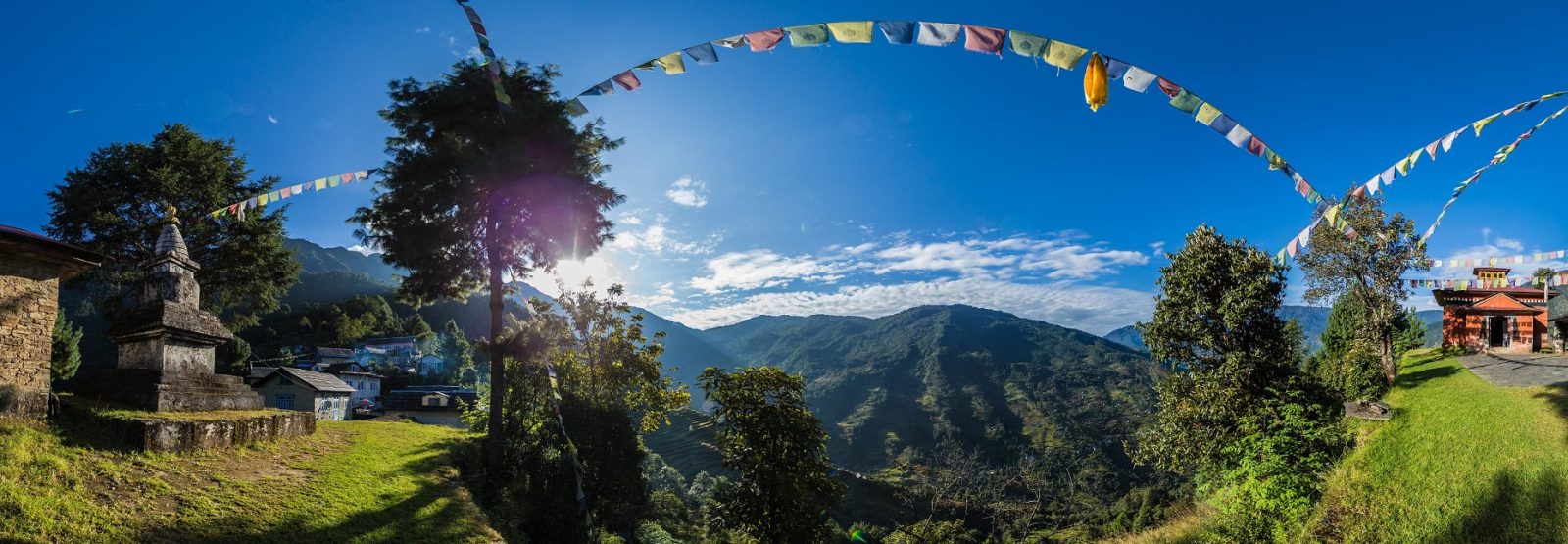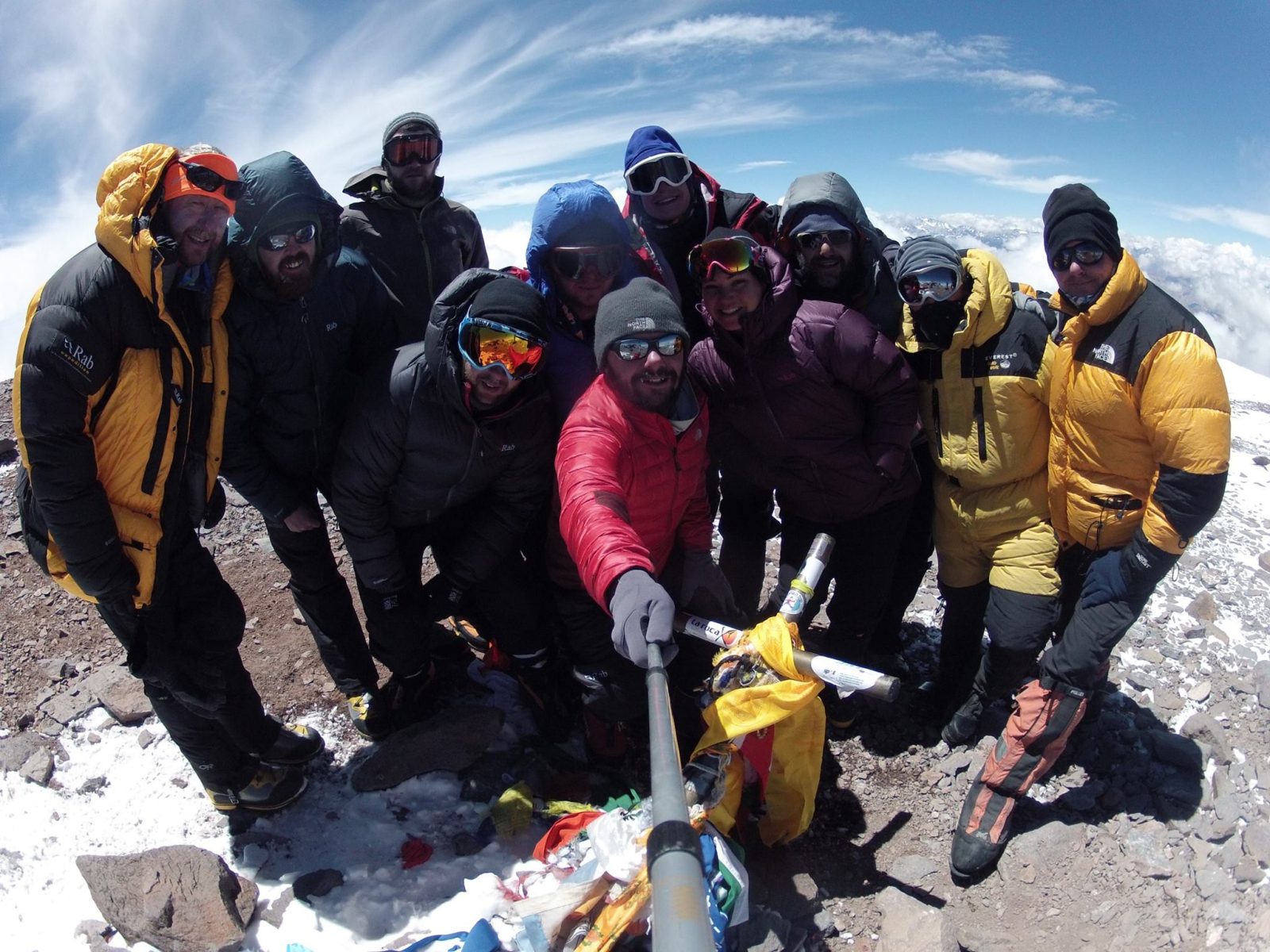
Argentina Practical Information & Tips
PRACTICAL INFORMATION FOR VISITORS TO ARGENTINA
Below are a few practical items to keep in mind before you travel to Argentina.
ARGENTINA VISA INFORMATION
Visas are not required to enter Argentina unless your stay exceeds 90 days. However, do check with your home country and the Argentina visa requirements for your specific requirements, as they can change at any time.
WHERE DO I ARRIVE WHEN VISITING ARGENTINA?
Most international arrivals will arrive in Buenos Aires at the Ministro Pistarini International Airport (EZE). You can choose to explore the wonderful city of Buenas Aires or continue onward to Mendoza via the Governor Francisco Gabrielli International Airport (MDZ).
WILL I BE ABLE TO CONTACT HOME WHILE I AM AWAY?
Argentine time is GMT/UTC – 3 hours. The country code for Argentina is +54. International roaming rates can be uneconomical, be sure to check with your local carrier prior to your arrival. Consider downloading WhatsApp, a free internet-based texting and calling service to keep in touch with loved ones. Wi-Fi is available in most hotels and cafes in large cities and small towns. The connection may not be the speed you are used to, but much of the country has internet.
Cellular service is reliable in major cities and smaller towns have reliable cell phone service. However, as is the case with most mountainous areas, cellular service is spotty in the mountains. Be prepared to be unconnected with climbing or trekking in the Andes.
WHAT VACCINATIONS DO I NEED?
Although no specific vaccinations are currently required on Aconcagua we advise that you schedule an appointment with a health professional prior to visiting Argentina, especially if you plan on visiting other areas in Argentina as certain vaccinations and malarial medication are required for certain areas.
Do plan on bringing any prescriptions you may require during your stay. Although you can obtain ordinary over the counter medicine at a pharmacy, we advise that you carry any prescriptions with you.
WHAT IS THE QUALITY OF MEDICAL FACILITIES IN ARGENTINA?
Argentina has good medical facilities that are capable of handling most medical issues. Hospitals have doctors that often have overseas training. Medical care in rural areas can be hit or miss, but overall the quality is deemed acceptable.
Although we do not anticipate any problems during your time in Argentina, accidents do happen in the mountains. We require that you carry traveller’s insurance that covers a helicopter evacuation at the altitude you will be climbing and the activity you will be doing. For more information see our Travel Insurance page.
WILL I HAVE ACCESS TO AN ATM IN ARGENTINA?
ATMs are widely available throughout Argentina. Many banks in the country are recognised throughout the world. Citibank in Buenos Aires seems to be the best ATMs that do not have excessive fees or only allow small withdrawals. It’s best to withdraw money from an actual bank instead of inside an establishment, as the fees tend to be lower and the amount allowed to withdraw is higher. Some ATMs called Banelco charge a $5 service fee and only allow you to take out the equivalent of $200USD, which can be a maddening experience.
Credit cards are widely accepted at most major hotels and restaurants. However, smaller establishments will often give you a better rate if you pay in cash or are cash only. Taxis also require cash, so it’s wise to have cash on hand.
WHAT CAN I EXPECT FROM TOILET FACILITIES?
Western-style toilets are the norm in most areas of Argentina. Along mountain and climbing routes, there are some toilets and pay toilets in the lower camps. At higher camps, facilities are not available and you are expected to bag your waste.
We advise that you bring your own toilet paper and hand sanitizer. Bathrooms ranges in quality on the mountain. To make life easier for females, consider using a “Shewee” or plastic device that allows women to urinate standing up. A wee-rag is another handy tool that helps cut down on paper waste. Simply wipe after a number one and affix the bandana or rag to your pack or tent to dry and sanitize. For menstrual issues, consider using a cup instead of tampons or pads. This also cuts down on pack-out waste and makes life simpler on the mountain.
WHAT IS THE WATER QUALITY IN ARGENTINA?
The tap water is potable in Buenos Aires, however many people find it unpleasant. If you are concerned, bring a way to filter and sterilize the water, such as a SteriPEN, bag filter, or tablets. You will need to sterilize water while you are trekking and climbing.
Book Your Adventure of a Lifetime Now
Discover our trips to other Countries
Adventure Alternative Articles

12 MONTHS, 12 MOUNTAINS
Climbing Calendar Ready for World Mountain Day In celebration of World Mountain Day, we've created a calendar for the year to make it easy for...

Mount Aconcagua Trip Review
January 2016 This year we had a team of twelve clients from four different countries – Iran, Ireland, England, South Africa and Argentina –...

Alcey’s Survival Skills Course at Lupa Masa Jungle Camp
SURVIVAL SKILLS COURSE AT LUPA MASA JUNGLE CAMP | ADVENTURE ALTERNATIVE In celebration of International Rural Women’s Day, we’re talking...